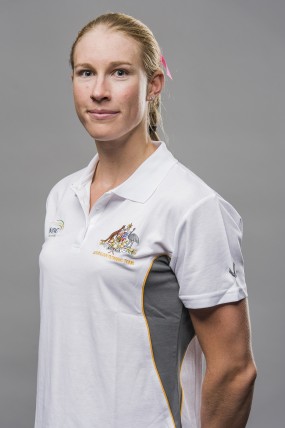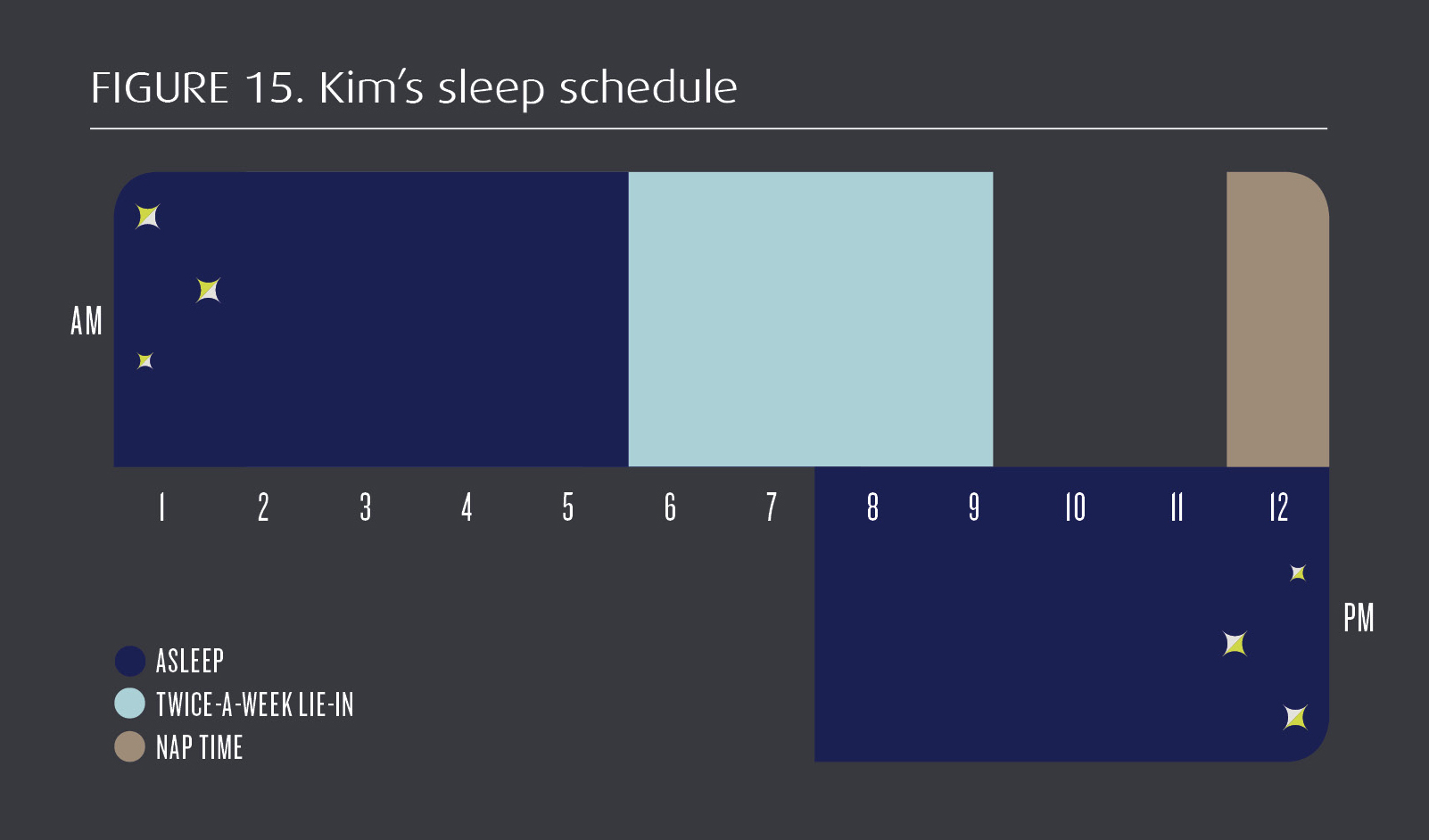
Going for Gold - athlete Kim Crow
How many of us considered sleep when we launched into our New Year fitness regime? For every elite athlete though, time in slumber is as vital as that spent at the gym. ‘It’s super important because recovery is everything and the best form of recovery is sleep. Athletes have a saying that you can only train as much as you can recover’, says Kim Crow, who will be rowing for the Australian team in the 2016 Rio Olympics.
Scientists have known for decades that cells and tissues get repaired overnight by a cascade of hormones controlled by the endocrine system, in tune with our daily biological clock known as the circadian rhythm.
Since the body’s natural default setting is homeostasis - meaning it wants to remain in balance - given the right conditions, it will repair itself even if we push ourselves. Athletes have critically managed training and rest periods to capitalise on this, says Crow. ‘A heavy training load is meant to push you to the limits, and will create a stress response in the body. This causes tiny bits of damage to muscles and cells so the body repairs itself in a better state than before which is called “super compensation” and I can feel it’.
Recovery is everything and the best form of recovery is sleep
Hence, Crow’s days are a disciplined routine of early mornings and nights with naps and lie-ins around her gym circuits and twice daily rowing. ‘Regular bed times are crucial. I’m up at 5.45am to walk the dog and eat breakfast before morning training. I take an hour’s nap over lunchtime to freshen up for the afternoon session before going home to have dinner, relax and be in bed by 9/9.30pm. Twice a week I get to lie in - I set my alarm at 9am, although feel I could sleep all day!’ Getting to the point of over-tiredness is not an option though.
‘Heart rate monitors help track what’s happening, showing if performance drops due to under recovery through suppressed heart rate or inability to produce lactic acid. But I’ll know myself because I’ll begin to feel irritable and grumpy’. A main coping strategy is to de-stress and deal with issues as soon as they come up so they’re not turning over in the mind, disrupting sleep. ‘I use mindfulness techniques for this - our team psychologist suggested using Apps which I downloaded from the internet - now I can tune into the here and now by just focusing on my breath’.

Living in Canberra, Crow’s used to flying across the world to compete, and has become adept at sleeping on planes and crossing time zones. It’s important for all of us to support our lower backs when sitting for long periods, but especially for a rower as the sport inevitably puts pressure there which is why Crow always travels with a Tempur Lumbar Support Pillow. ‘The memory foam moulds to the back and feels soft yet very supportive, plus it absorbs vibration from the plane so I can rest comfortably’. As for jet lag, sleep and meal times are worked out with military precision to adjust to the new time zone as soon as possible.
‘The trick is to get out into daylight without sunglasses as it helps shift the body clock.’ Everything in Crow’s regime supports good sleep, and her overarching piece of advice is to never underestimate its importance. ‘It’s the first thing to go when things get busy, but when we are feeling low or bad, there’s nothing better than a good night. Next day, you are always in a better space to address things.’
